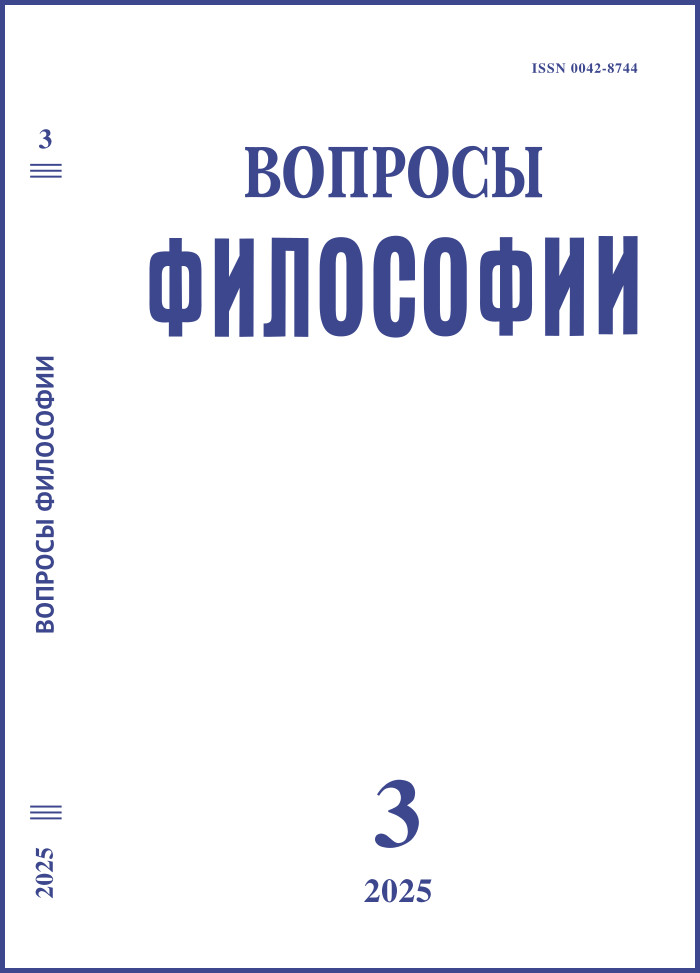The Place of Francois de La Rochefoucauld in the History of Philosophy
DOI:
https://doi.org/10.21146/0042-8744-2025-3-60-70Keywords:
Augustine, La Rochefoucauld, philosophy, Christian philosophy, Jansenism, MaximesAbstract
François de La Rochefoucauld is a figure that has been often discussed in the Western philosophical tradition. Reminiscences of La Rochefoucauld’s ideas can be found in the philosophy of Enlightenment, his Maxims inspired Friedrich Nietzsche when he was writing Human, All Too Human, Roland Barthes dedicated one of his essays to his treatise. However, despite all his merits, La Rochefoucauld finds himself in the shadow of the philosophical giants of the New Age, who are considered the creators of rational philosophical systems (for example, Descartes or Leibniz). In the Russian-language discourse, La Rochefoucauld’s works are of virtually no interest to philosophers, the works published about him belong to the fields of history, sociology, and literary criticism. He is known as a writer, not a philosopher. From our point of view, this is fundamentally wrong, since it significantly simplifies the content of the Maxims and does not allow us to see what is actually hidden behind the ironic paradoxes that La Rochefoucauld presents to his readers. This article will attempt to locate La Rochefoucauld in the history of philosophical thought through a conceptual and stylistic analysis of his main work, as well as through an appeal to the historical and biographical context.

